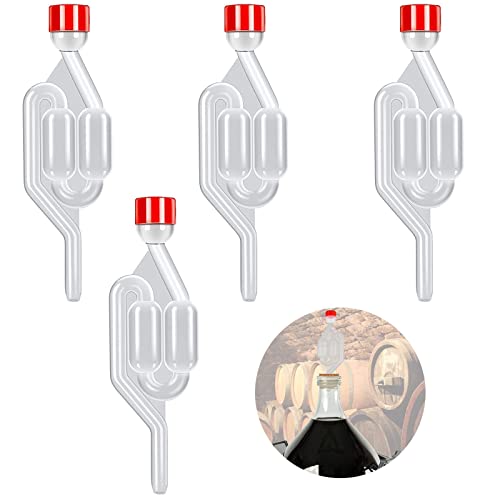I've been doing most my brewing in London. When I started I could make great English ales, Belgian ales, lagers, stouts, but my IPAs would come out really bitter. I treated the water and my IPAs started tasting great. I moved to Ireland where the water is very soft and all my brews came out great and my efficiency increased.
Here's a water calculator which really helped me:
https://www.jimsbeerkit.co.uk/water.html
Here's a great article for beginners on water chemistry:
https://www.brewersfriend.com/2017/11/19/brewing-water-basics-part-1/
Here's something a little more in-depth:
https://sites.google.com/site/brunwater/water-knowledge
And here's a post from Strange_steve about water treatment which is also really good:
https://www.thehomebrewforum.co.uk/threads/beginners-guide-to-water-treatment.64822/
I find water chemistry a bit tricky but am trying to get my head around it.





























![BREWING THERMOMETER STICKERS ACCURATELY MONITOR FERMENTING BEER & WINE LIQUID TEMPERATURES 5PCS HOME BREW SPIRITS WINE LCD ADHESIVE [US]](https://m.media-amazon.com/images/I/311DDjo2X3L._SL500_.jpg)










